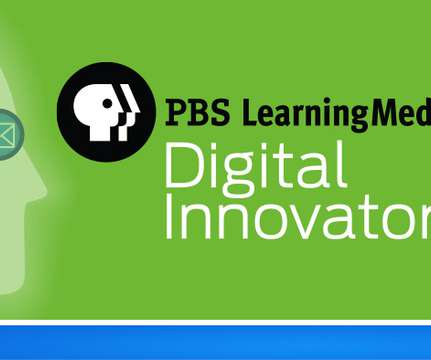Top 10 Reasons to Sign Up for Summer Learning with Ask a Tech Teacher
Ask a Tech Teacher
MAY 23, 2017
Topics attendees may learn by doing include (this depends upon the class taken): Blogging—to reflect, collaborate with classmates, share perspectives during class, complete assessments in some cases. Digital portfolios—via wikis. Flipped Classroom—attendees learn in a ‘flipped classroom’ environment.
















Let's personalize your content